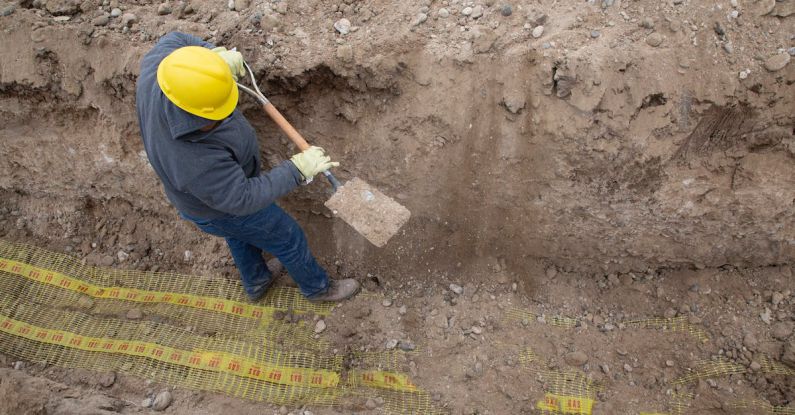The International Space Station (ISS) is a remarkable feat of human engineering and collaboration. Orbiting 250 miles above the Earth, it serves as a unique research laboratory and a symbol of international cooperation. But beyond its scientific objectives, how does the ISS benefit humanity? In this article, we will explore the various ways in which the ISS impacts our lives and advances our knowledge of space and technology.
Improving Life on Earth
One of the most significant ways in which the ISS benefits humanity is through its contributions to scientific research. The microgravity environment of the space station allows scientists to conduct experiments that would be impossible on Earth. This research has led to numerous breakthroughs in various fields, from medicine to materials science.
For example, scientists have used the ISS to study the effects of long-duration space travel on the human body. This research is crucial for future space missions, as it helps us understand the physiological changes that occur in astronauts. Additionally, it has also provided valuable insights into aging and various diseases such as osteoporosis and muscle atrophy. By studying the effects of microgravity on the human body, scientists hope to develop treatments and preventive measures for these conditions.
Advancing Technology and Innovation
The ISS serves as a platform for testing and developing new technologies that have practical applications on Earth. By pushing the boundaries of engineering and design, scientists and engineers on the ISS have made significant advances in areas such as robotics, materials science, and telecommunications.
For instance, the development of advanced robotics on the ISS has paved the way for autonomous systems that can assist in disaster response and exploration. These technologies have the potential to save lives and improve the efficiency of various industries. Furthermore, the space station has been instrumental in the development of lightweight and durable materials that have applications in aerospace, automotive, and construction industries, among others.
Inspiring Future Generations
Beyond its scientific and technological contributions, the ISS also has a profound impact on inspiring future generations. The human presence on the space station demonstrates the boundless possibilities of human exploration and encourages young minds to pursue careers in science, technology, engineering, and mathematics (STEM).
The ISS serves as a symbol of international cooperation and unity, reminding us that despite our differences, we can achieve great things when we work together. This collaborative spirit is essential in addressing global challenges and finding solutions to complex problems.
Additionally, the ISS has become a powerful tool for education and outreach. Through various educational programs and initiatives, students from around the world have the opportunity to engage with the science and research happening on the space station. This hands-on experience ignites curiosity and fosters a passion for learning, creating a new generation of scientists and engineers who will continue to push the boundaries of human knowledge.
In conclusion, the International Space Station is not just a scientific research laboratory in space; it is a testament to human ingenuity and international collaboration. Its contributions to scientific research, technological advancements, and inspiring future generations make it a vital asset for humanity. As we continue to explore the mysteries of space, the ISS will undoubtedly play a crucial role in our quest for knowledge and the betterment of our planet.
